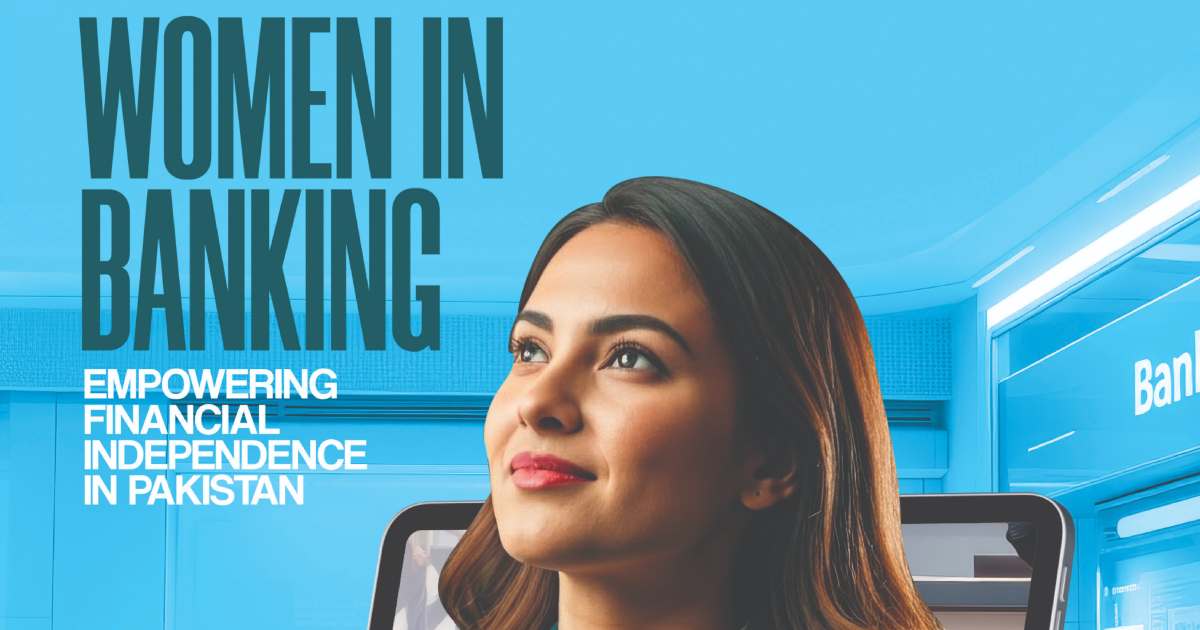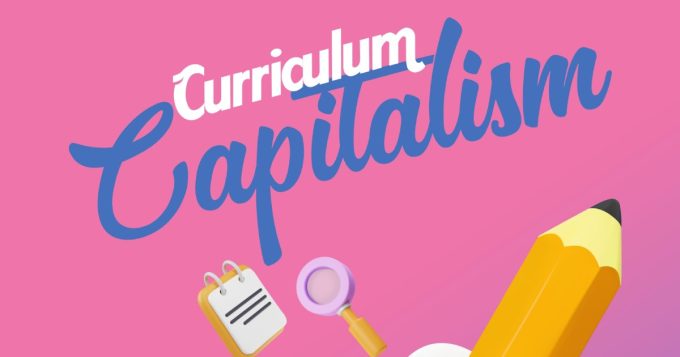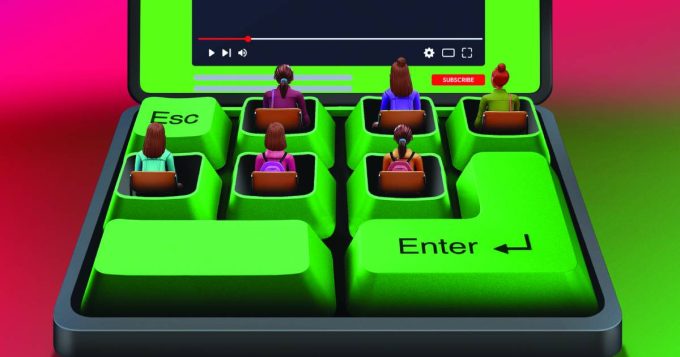As Pakistan witnesses a sharp rise in women account holders, from 13 to 31 million in just five years. The banking sector is stepping up with gender-focused policies, digital tools, and inclusive financial products. This is not just progress; it is a roadmap to lasting empowerment and a more documented economy.
51% represents the proportion of women in Pakistan as per the current population. This clearly states that half of the population is women. Research indicates that more than 60% of Pakistan’s population comprises youth. We see some extraordinary initiatives taken by the financial institutions, especially the State Bank of Pakistan (SBP), as a policy to support women from being dependent to being independent.
From 2018 to 2023, according to SBP’s statistics, the figure has gone from 13 million adult women to 31 million as of December 2023. Women in Pakistan now have at least one bank account. This shows a significant growth and awareness of financial independence and entrepreneurship.
The 37th IMF current programme for Pakistan with EFF (Extended Fund Facility), also emphasises and focuses on women’s banking and financial literacy to support more favourable business environments in the private sector, which could benefit women-owned businesses. This is indeed a very good sign of the directives and programme by SBP; all public and private banking sectors responded positively, not only employed but also inducted 13,116 women bankers into staff and improved the ratio from 13% to 17%. Some banks also launched women-operated branches.
Skilled women in rural areas have become familiar with digital banking facilities provided by leading telco companies. They are now receiving digital payments directly, which is providing them with more financial stability and control. Raast ID is one of the best examples; connected with your number, a user-friendly bank account. Working women in metropolitan areas are also benefiting from short-term loans for startup businesses. Some of the loan plans are interest-free or for a low charge % of interest rate. Although through Islamic banking, the same support is there to accommodate them as well as to promote gender equality in society.
Why is it important? Earlier, many dismissed the documented economy of the 51%. But now, women in banking are driving noticeable growth. The number of account holders, for instance, has jumped from 13 million to 31 million in just five years. We have great potential for women entrepreneurs who can not only support their families but also make themselves financially independent.
UBL Urooj Har Qadam Agay, Meezan Women First Account, Askari Sahar: Mera Apna Karobar, HBL NISA, Alfalah Pehchan Account, MCB Niswaan Account, Allied Khanum Account, and many more are especially for women. These banking promotional accounts successfully help women of Pakistan to grow digitally with a documented economy.
The need of the hour is to connect women entrepreneurs with the international market. To make online trading and global payment transfers easier, women need access to platforms integrated with systems like PayPal. Stronger digital frameworks should be introduced to support small-scale export businesses and service exchanges. Especially freelancers, content creators must be provided with an easy route to get their payments in a timely and secure manner.
According to the SBP 2022 statistics, out of 5 million small and medium-sized enterprises in the country. 8% of them are owned by women, which is Asia’s lowest number, and it needs to be increased. With the aid of these empowering initiatives, we can expect some progress in the next 5 years.
According to the World Bank Women’s Economic Empowerment, a 2024 report mentions, 8.1 million women in Pakistan are unpaid workers. One in three women reports feeling unsafe in public spaces, and only 4 out of 10 women own a cell phone. 55 million women are unbanked, and for every 1000 rupees earned by men, a woman earns only 818 rupees. 18.2% less than men for the same amount of work.
We must eliminate gender discrimination to ensure equality and encourage more unbanked women to join digital banking for their own convenience. Safety for working women and equal pay structures are essentials. State Bank’s programmes, banking on equality for financial literacy, must be an ongoing process to empower the women of Pakistan towards financial independence.











